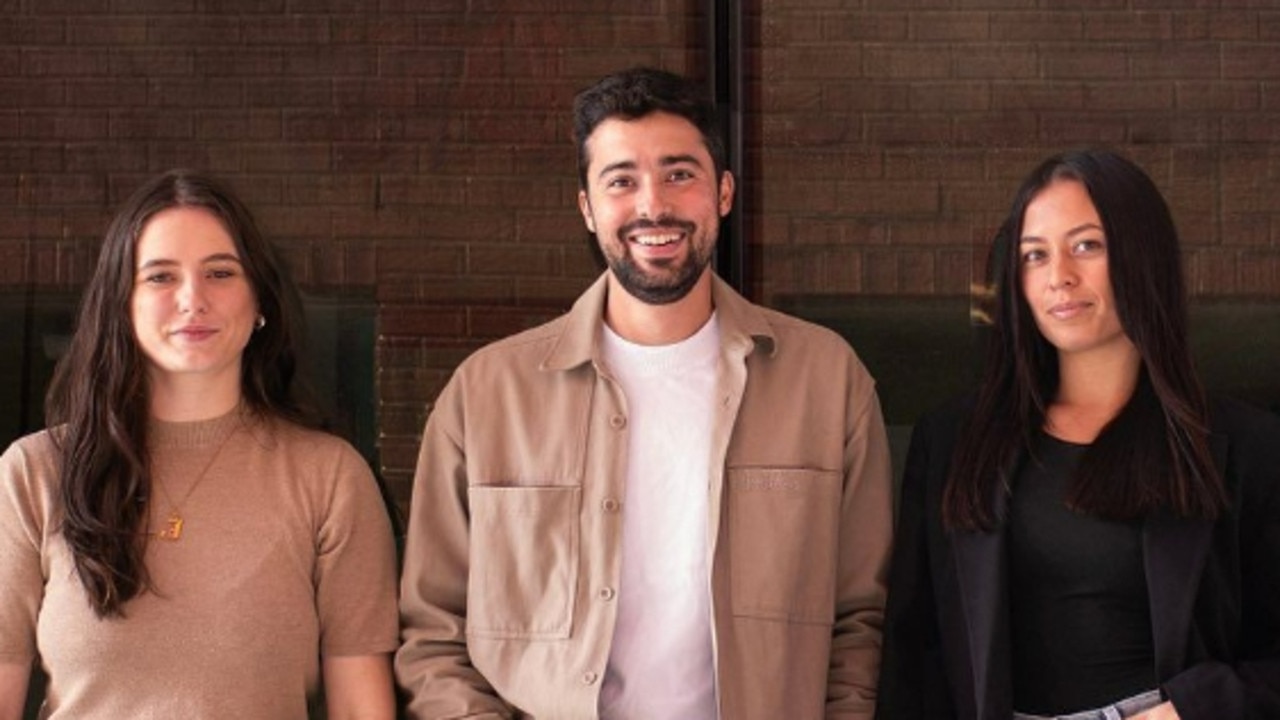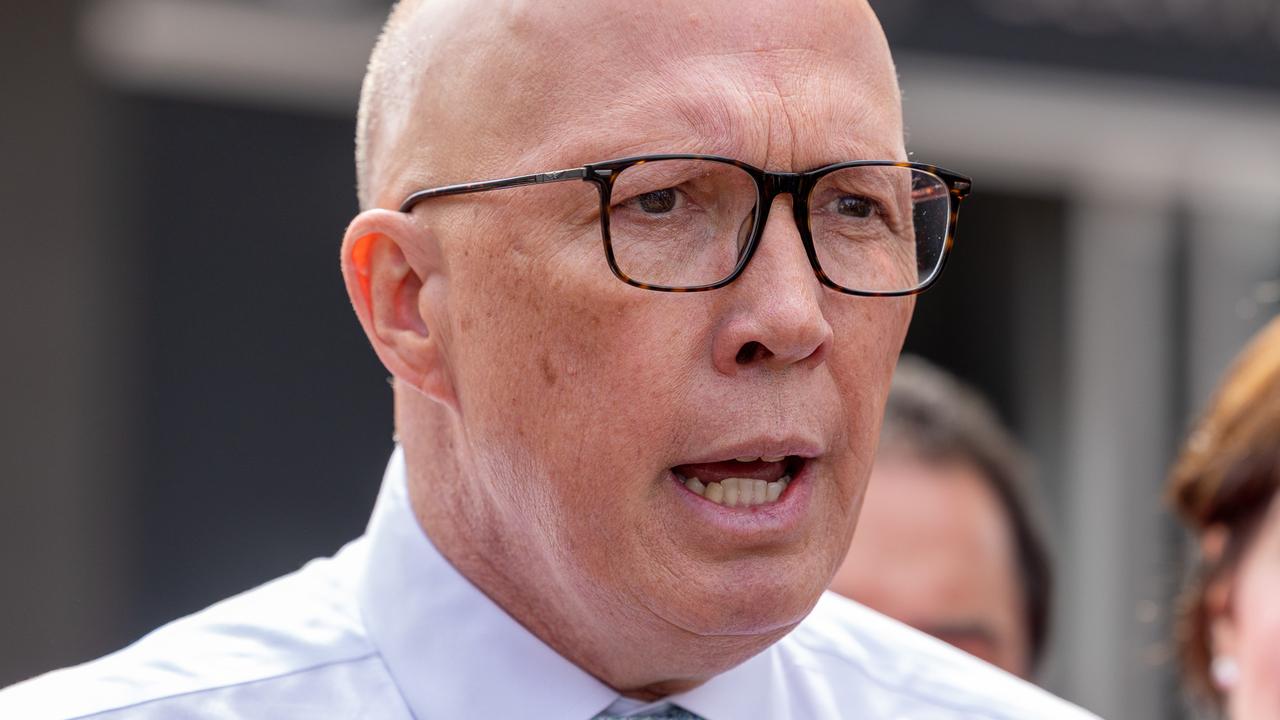‘I was certain I was going to die’: Jordan Lambropoulos, first person to receive stem-cell transplant for Crohn's
The 25-year-old South Australian said death would be a certainty if she did not make one last-ditch effort. And that effort will make national history.

SA News
Don't miss out on the headlines from SA News. Followed categories will be added to My News.
Fearing she will die in the night, Jordan Lambropoulos lay alone in a hospital bed recording messages on her phone for her loved ones to listen to when she was gone.
“I truly didn’t think I’d wake up in the morning and knowing I hadn’t said goodbye to them broke me,” she told The Advertiser.
The 25-year-old was in ICU after concluding her stem-cell transplant – the first undertaken for Crohn’s disease in the country – when she contracted pneumonia.
“I was certain I was going to die,” she said.
“I thought this is it for me. I had to pull every ounce of strength while my body shook from febrile rigours to grab my phone and record a message for my parents and grandparents.”
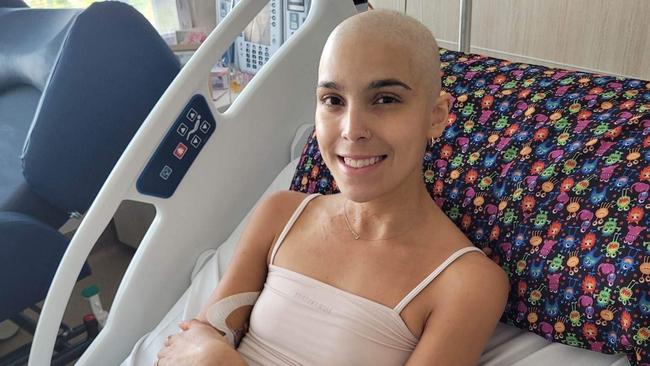
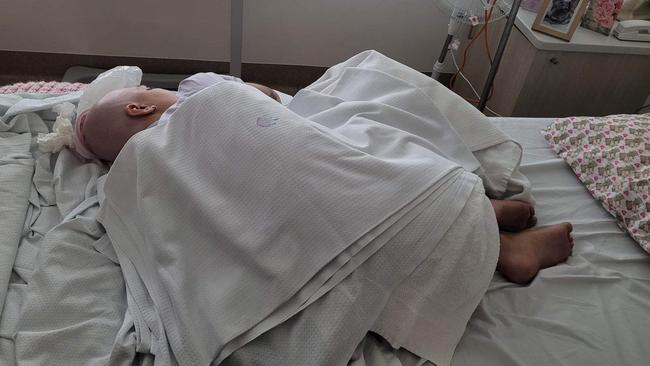

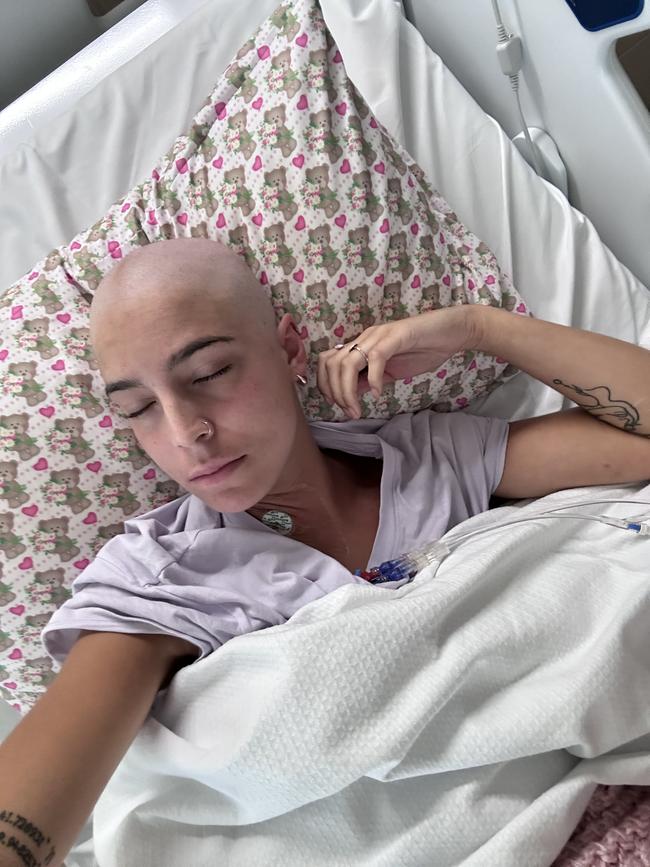
After a 16-year battle with Crohn's Disease, Jordan’s doctors had exhausted every treatment available leaving her no choice but to fly from her home in Adelaide to Sydney’s St Vincent Hospital.
“It was really a life or death choice for me,” she said.
“I could let the disease play out and probably not see my next birthday – that’s a given, or I could take a chance on a treatment that might kill me, but also has the potential to save me.
“I can’t leave my parents or my grandparents, I couldn’t possibly do that so soon, it would break them.
“I have been through hell and back in my life but nothing has challenged my spirit more than my stem-cell transplant,” Jordan said.
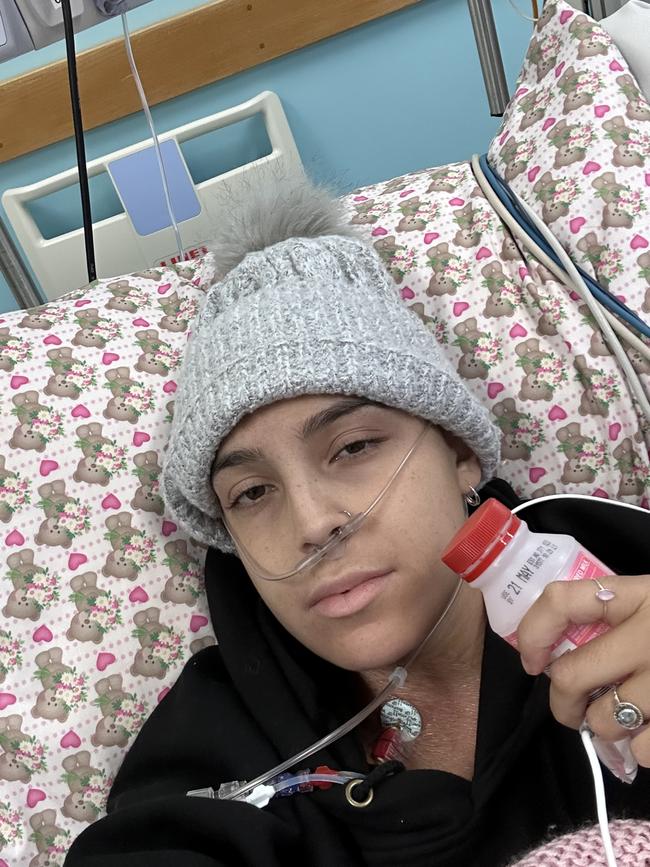

Over the last few months, Jordan had been preparing for what would be the first procedure of its kind in Australian history.
After taking cyclophosphamide, a medication to treat cancer, Jordan’s hair began to fall out.
At one stage a light breeze would detach clumps of her hair.
Jordan made the decision to shave her head – a process she said she was “ready for”.
Her transplant was even postponed for a couple of months while she had to go through another open bowel surgery to remove more of her small bowel.
“The uncontrollable disease was causing irreparable damage to my bowel,” she said.
“I cannot stress enough though that this is not an conventional therapy offered to just anyone.
“The risks associated with transplant are intense and the benefits certainly do not outweigh the risks for most patients who have conventional biologic therapies available to them.
“It hasn’t been done here in Australia before, we’ve never had a case (of Crohn’s disease) that has got to this point of needing transplant.”
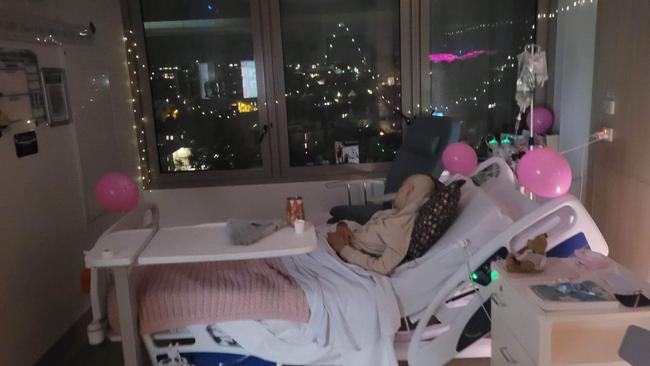
Jordan’s transplant occurred on May 10, which she now calls her “re-birthday”.
“I guess I’m a Taurus now,” she said.
Jordan was also was admitted into ICU in the days leading up to the transplant for four days after a reaction to an immunosuppressant drug.
“I had fevers of 40 plus, rigours, blood pressure dangerously low and my heart rate dangerously high. I had neutropenic sepsis again,” she said.
Jordan’s time in ICU was a “blur”.
“Most days I couldn’t open my eyes or move, so my mother (Cheryl) would feed me ice chips all day long as she sat by the side of my bed holding my hand while my family back home in Adelaide could only worry from afar.”




